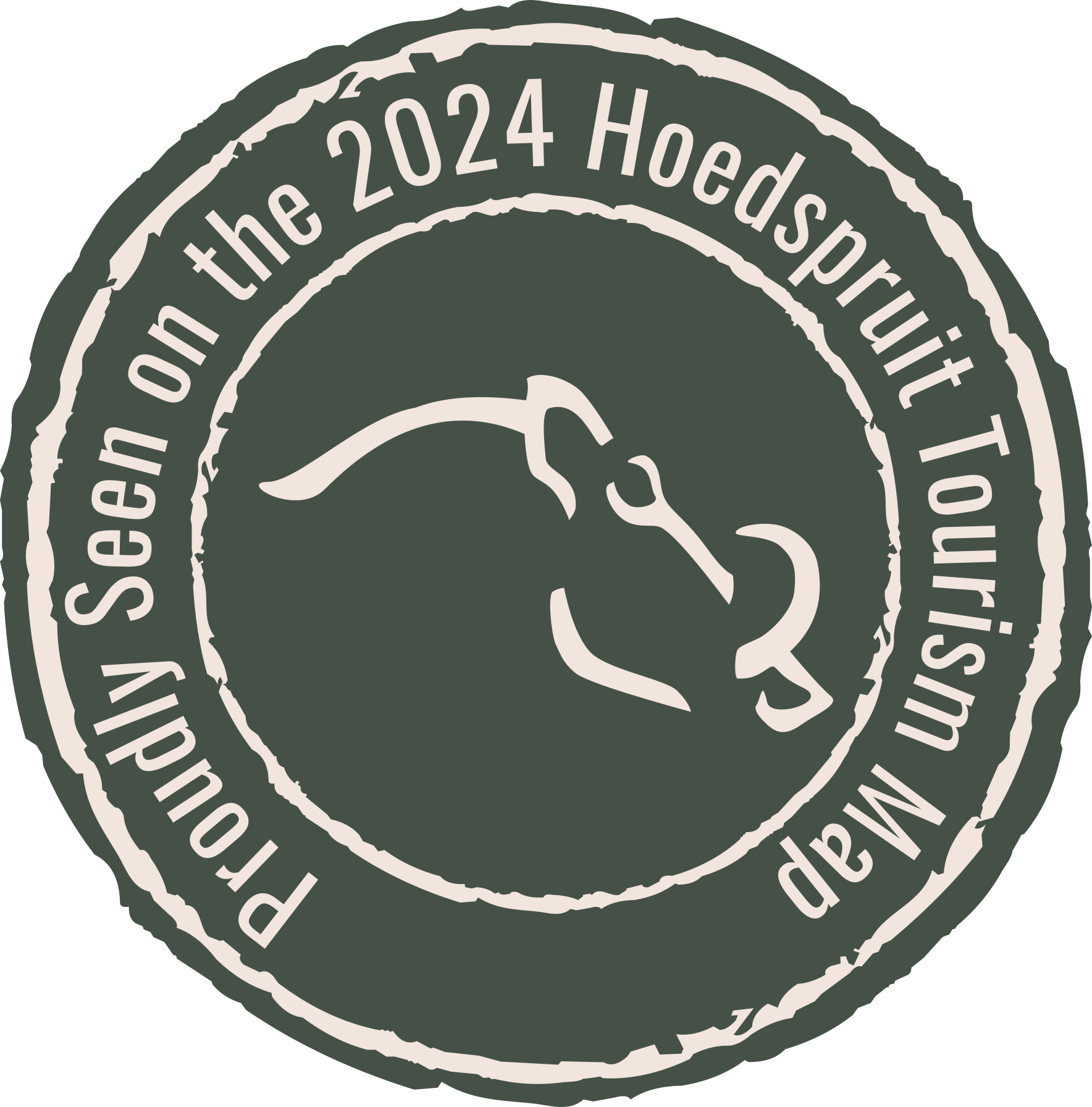How to Monetize Travel Websites
In the vast chaos of online travel platforms, finding effective ways to monetize a travel website is crucial for sustaining and growing a business. Travel websites, whether offering travel guides, booking services, or unique experiences, have diverse revenue-generating opportunities. This article explores strategies and methods for successfully monetizing travel websites, providing insights for entrepreneurs and businesses in the travel industry.

The Evolution of Travel Websites and Revenue
As the travel industry increasingly relies on digital platforms, travel websites play a pivotal role in connecting travelers with unique experiences. The challenge for website owners is not only providing valuable content and services but also finding sustainable revenue streams. This article aims to guide entrepreneurs and businesses through the myriad options available for monetizing travel websites.
Understanding the Reader's Intent
For those in the travel industry or aspiring entrepreneurs looking to venture into the online travel space, this article serves as a comprehensive guide to unlocking revenue opportunities. By delving into diverse monetization strategies, readers will gain insights into tailoring their approach based on the nature of their travel website, audience, and business goals.
Diverse Monetization Strategies for Travel Websites
1. Affiliate Marketing: Turning Recommendations into Revenue
Affiliate marketing is a potent strategy for travel websites to earn commissions by promoting third-party products and services. By strategically placing affiliate links within content, such as hotel recommendations, tour packages, or travel gear reviews, website owners can earn a percentage of sales generated through those links.
2. Sponsored Content and Advertisements: Partnering for Profit
Collaborating with brands, travel agencies, or local businesses for sponsored content and advertisements is a lucrative avenue for monetization. Travel websites with a substantial audience can attract sponsors looking to reach a targeted demographic. By seamlessly integrating sponsored content, website owners can generate revenue while providing value to their audience.
3. Premium Memberships and Subscription Models: Exclusive Access for Revenue
Offering premium memberships or subscription models grants users exclusive access to specialized content, travel guides, or members-only deals. Travel websites can monetize by charging a recurring fee for premium access, providing an additional revenue stream while enhancing the user experience for dedicated followers.
4. E-commerce Integration: Selling Travel-related Products
Diversifying revenue streams can include selling travel-related products directly through the website. This may range from custom travel merchandise to downloadable travel guides, allowing website owners to capitalize on their brand and provide valuable resources to their audience.
5. Travel Booking Platforms: Facilitating and Earning
Integrating travel booking platforms directly into the website allows for seamless booking experiences for users. Website owners can earn commissions for each successful booking made through their platform. This strategy not only enhances user experience but also provides a steady stream of revenue.
Tailoring Monetization to Website Types
1. Travel Blog Monetization: Crafting Compelling Narratives
For travel blogs, where storytelling is key, monetization can be achieved through a combination of affiliate marketing, sponsored content, and premium memberships. Engaging storytelling paired with strategic monetization efforts can turn a passion for travel into a sustainable online business.
2. Travel Agency Websites: From Services to Commissions
For travel agency websites, monetization strategies may focus on commission-based models through affiliate marketing, direct bookings, and collaborations with local businesses. Offering exclusive deals and packages can further entice users to book through the website.
Maximizing Revenue with Analytical Tools
1. Utilizing Analytics for Informed Decision-Making
Implementing analytical tools allows website owners to track user behavior, engagement, and the performance of different monetization strategies. By analyzing data, businesses can make informed decisions on optimizing content, refining marketing strategies, and maximizing revenue.
2. SEO Optimization for Visibility and Revenue
Optimizing the website for search engines (SEO) is critical for increasing visibility and attracting organic traffic. Higher visibility leads to more opportunities for monetization through increased affiliate clicks, higher ad revenue, and greater exposure for sponsored content.
Monetizing travel websites requires a strategic and diversified approach tailored to the website's nature, audience, and goals. From affiliate marketing to premium memberships and e-commerce integration, travel websites have a plethora of options to generate revenue while providing value to their audience. By understanding the available strategies and leveraging analytical tools, entrepreneurs and businesses in the travel industry can turn their passion for travel into a sustainable and profitable online venture.
ASK US
For travel website owners: Evaluate your website's strengths, audience, and content to identify the most suitable monetization strategies. Experiment with a combination of approaches and use analytical tools to track performance, enabling you to refine your strategy and maximize revenue.
Frequently Asked Questions
Articles







